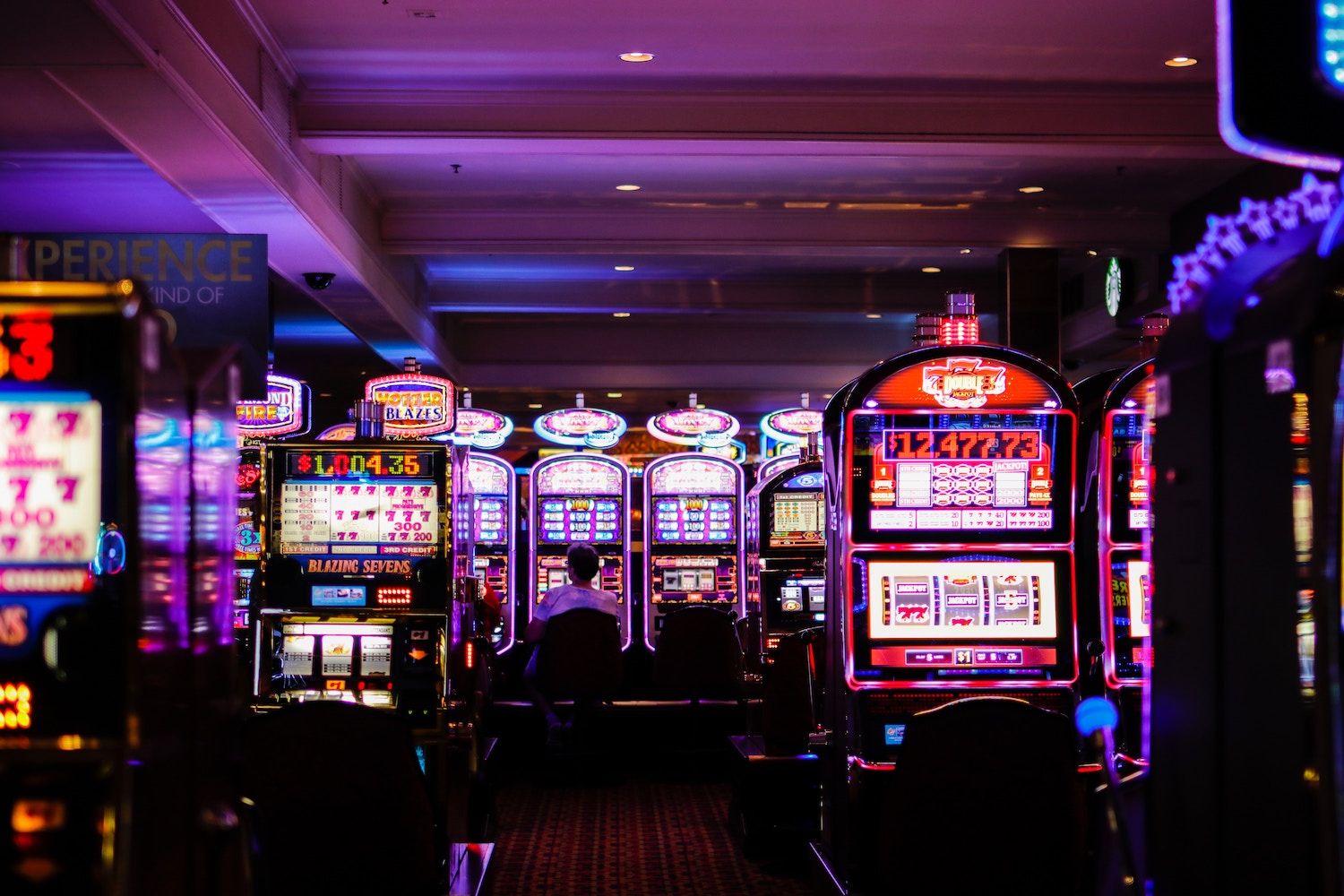Lost 40000 Gambling
He told us he was too upset to talk, take pix or sign autographs cuz he just lost $40,000 in gambling, and he needed to win it back before anything.”.
I won $30,000 in a casino and I've lost at least that amount in the past year. As proof of gambling losses I saved all - Answered by a verified Tax Professional We use cookies to give you the best possible experience on our website. Apr 14, 2014 In 2009, I won $40,000 on a lottery ticket and paid the appropriate taxes after deducting gambling losses, in 2010 I won another $5,000 on a lottery drawing, but have lost more than that in gambling l read more.

Mike Lee signed a voluntary exclusion order three years ago but continued to frequent some B.C. casinos run by the BCLC.
BCLC's self-exclusion program
What is the Voluntary Self-Exclusion Program?
When you decide to take control of your gambling behaviour, the Voluntary Self-Exclusion program is one tool that can help you. The VSE program enables you to voluntarily exclude yourself from all facilities with slot machines, commercial bingo halls, or PlayNow.com for a pre-determined amount of time.
What happens if I enter a casino and gamble while in the VSE program?
If you enter a casino while self-excluded and are identified, security will be alerted and you will be asked to leave. In accordance with the Gaming Control Act (BC), you may also be fined up to $5,000.
What happens if I win a jackpot while in the VSE program?
You are not eligible to win while in the voluntary self-exclusion program, in accordance with the rules and regulations.
(Source: BCLC)
Lee's lawyer, Joshua Weiszner, told CBC News his client won several smaller jackpots over the years and was always paid, but he was never barred from the casino.
'He provided his ID, he was paid, and he was never asked to leave — and a fundamental term of the agreement that he signed is that if he is identified, he will be asked to leave,' Weiszner said.
Under the terms of the self-exclusion program, security staff at casinos are supposed to stop those in the program from gambling.
'To my client, that was a representation that it was permitted for him to play,' Weiszner said. 'Basically, they were turning a blind eye to it,'
However, when Lee won a $40,000 jackpot on a slot machine at a Cowichan casino in January, the lottery corporation refused to pay out the winnings.
'They let him play, they let him win in small amounts,' Weiszner said. 'When he won the jackpot — that's when they decided to rely on, not the agreement, but a rule they made, subsequent to the agreement.
'[Lee] feels that if he was allowed to play and lose, then he should be allowed to keep the winnings.'
Lost 40000 Gambling Winnings

Weiszner said the BCLC now has a rule that self-excluders must forfeit their winnings, but that regulation was put in place after Lee signed his agreement.

Weiszner points out the BCLC is not offering to cover the losses Lee incurred during the exclusion order.
Lost 40k Gambling
Colin Campbell, a criminologist at Douglas College who specializes in gambling research, is critical of the self-exclusion policy.
'You're asking casino staff and management to turn away what amounts to their best customers.'
He said those signing the agreements may think they're being watched more closely than they actually are.
Lost 40000 Gambling Money
'These people that sign up for self-exclusion are obviously at some risk and are struggling to control their gambling appetites,' Campbell said.

'In short, they're vulnerable people, and I'm not persuaded that's it entirely clear to the people who sign the agreement that they're not going to be monitored.'
Lost 40000 Gambling No Deposit
The lottery corporation said it cannot comment on the case because it is before the courts.
Lost 40000 Gambling Losses
Earlier this month, CBC News revealed a Delta woman was suing B.C. for the loss of several hundred thousand dollars because it failed to bar her from casinos after she signed up for the voluntary self-exclusion program.